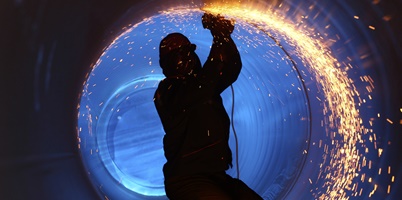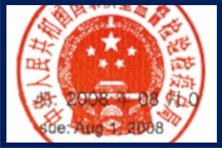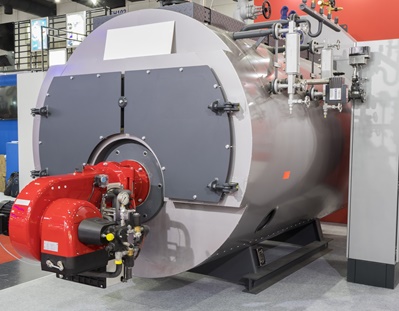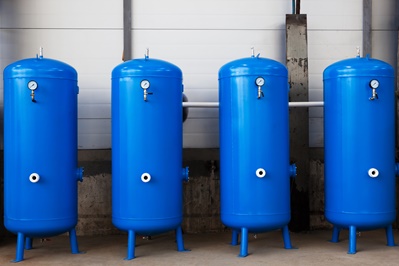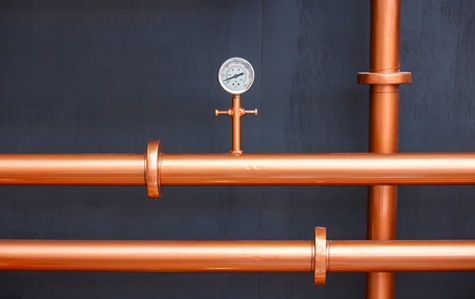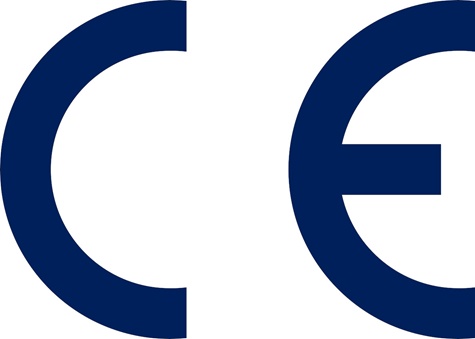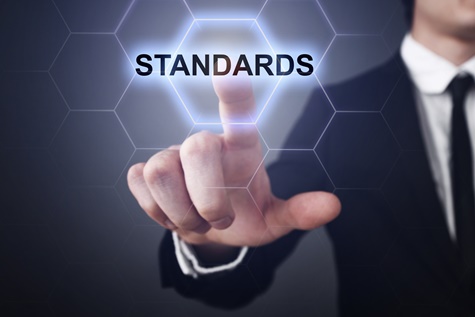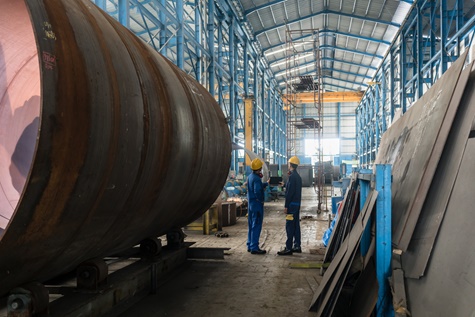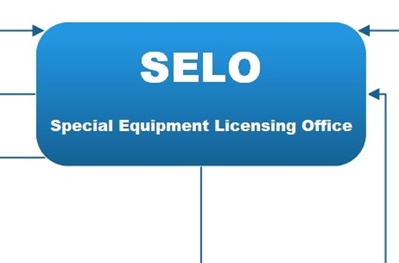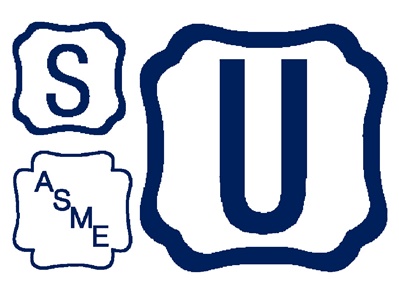History
The safety of pressure equipment has always been considered as a national obligation. Over the years, two standard systems have been established worldwide - Where does the SELO license fit in?
At the end of the 18th century, with the invention of the steam engine, accidents occurred with serious consequences. Most alarming were the increasing numbers of fatal disasters in Europe and USA.
The last third of the 19th century and the beginning of the 20th century were sad peaks of seriously injured and deaths caused by exploding boilers and pressure vessels. This led to the reconsideration of the safety requirements, especially in Europe and USA. As a result, two safety philosophies for boilers and pressure vessels began to dominate the worldwide trade.
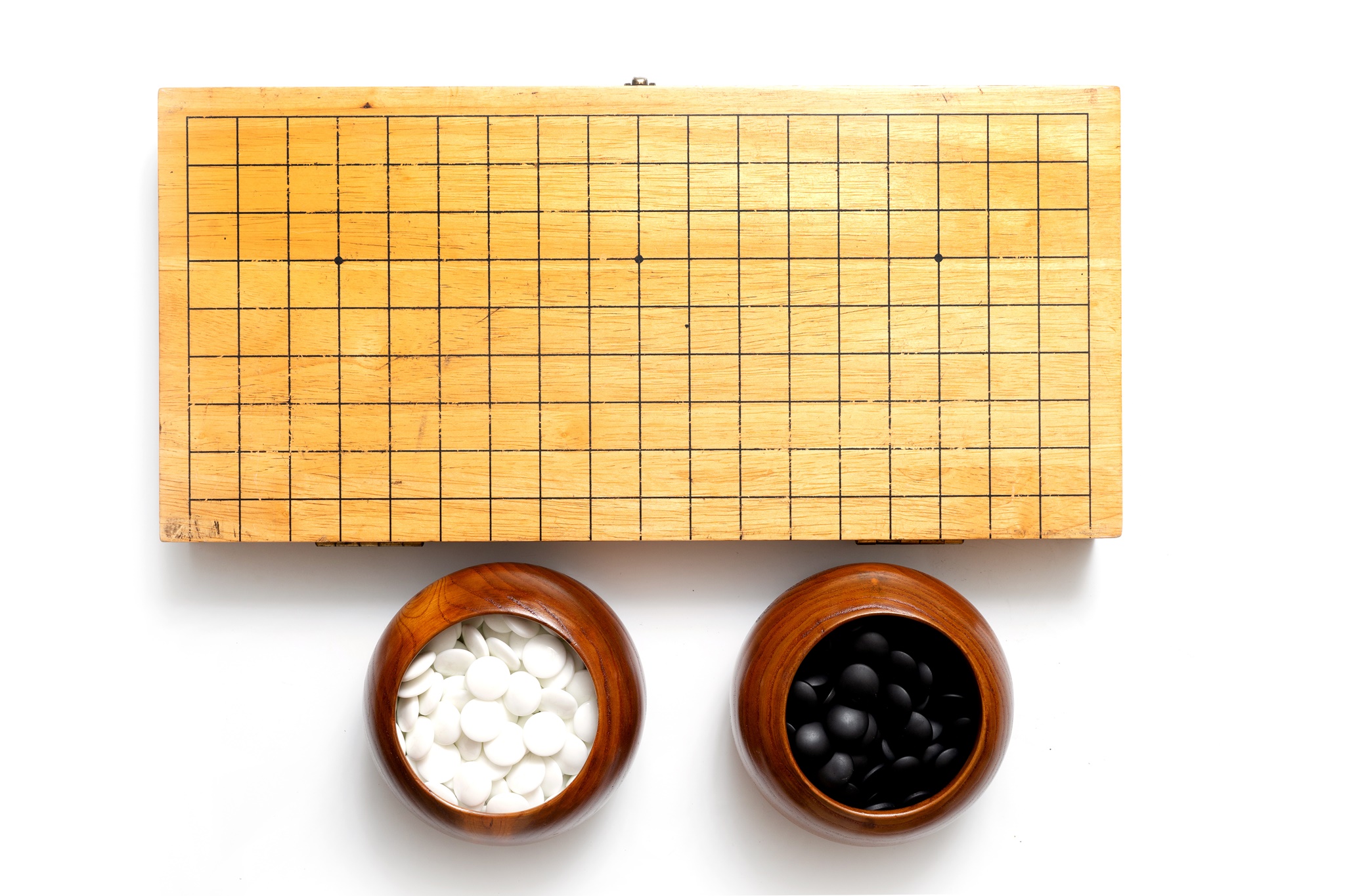 GO - Strategic board game originally invented in ancient China
GO - Strategic board game originally invented in ancient ChinaIn Europe, nationally independent safety organizations were established in almost every country. For example, the first (Technischer Ueberwachungsverein) TUEV was founded in Germany in 1852, and the origins of the UK based BSI go back to 1901. The regulations became nationwide state of the art – but no laws were passed for this purpose.
The United States of America followed a different approach to increase the boiler- and pressure vessel safety. Initially, each state proceeded independently and developed their own safety rules. The rules were not mandatory and varied widely.
Outstanding was the development in the state of Massachusetts (MA). After a serious accident in Boston the Boiler & Pressure Vessel Code (BPVC) was created by the Boiler Code Committee of the American Society of Mechanical Engineers (ASME). This code then became state law and thus mandatory for all pressure equipment manufacturers in the state of MA. The number of serious accidents in MA has been sinking ever since.
With increasing industrialization, the trade of boilers and pressure vessels was hampered by different national safety rules. As a result, corresponding ASME codes were adopted by more and more federal states which were finally converted into national law.
Meanwhile, The Europeans harmonized their national regulations in order to provide a solid basis for the common European market (PED and TPED).
The two technical security concepts (ASME Codes and PED/TPED) gained more and more influence worldwide. Both received more and more attention around the world and became state of the art.
On December 11, 2001, China became the 142nd member of the World Trade Organization (WTO). To join the WTO, it is mandatory for its applicants to tear down trade barriers in order to pass the Technical Barriers to Trade (TBT).
The Chinese licensing regulations "Regulation of Import Boiler and Pressure Vessel Safety Quality Licensing System" of 29 Sept. 1993 were criticized, as a being too great a trading obstacle for manufacturers outside of China.
In a transient period, boilers (see boilers) and pressure vessels (see pressure vessels) manufactured outside of mainland China could be exported into China by December 31, 2003, without further testing or licensing. The minimum requirement was that the appliances fulfill either the ASME codes or the European PED or TPED directives. At least it was tolerated procedure.
In 01.01.2004 the SELO license became valid as we use it today.
